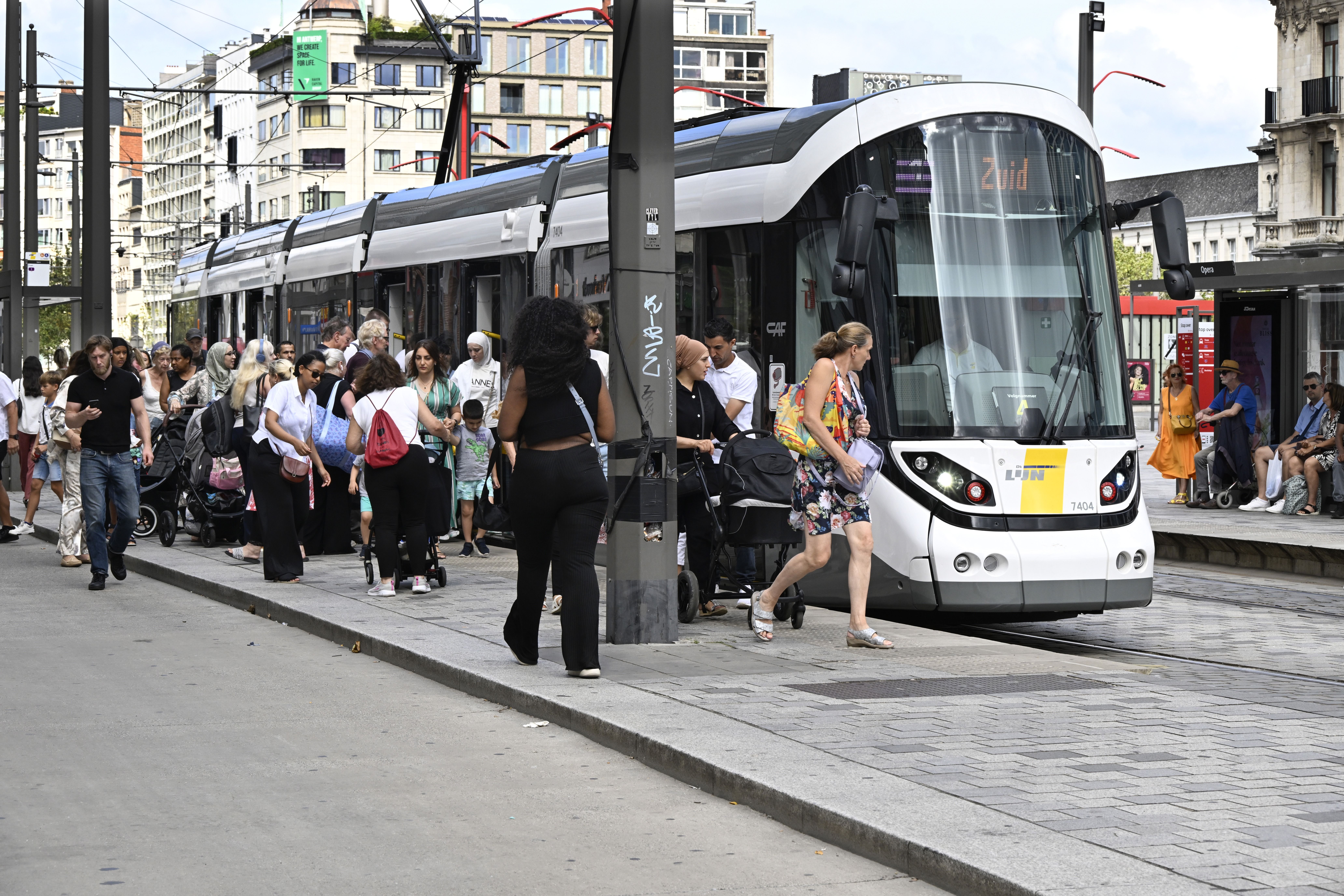De Lijn finds solutions for special education transport through flexi-job drivers

As the new school year approaches, De Lijn reports significant progress in securing sufficient operators for special education student transport. "There is a bidder for all the contracts we put on the market," said CEO Ann Schoubs in a status report released Wednesday.
Flex-job system
Last year, the company faced a critical shortage of operators just days before the school year began, leaving around 100 special education students without transport. This year, however, the process has been smoother. Schoubs credits this improvement to introducing the flexi-job system, which is now available to bus drivers. "When we implemented our target of keeping journeys under 90 minutes two school years ago, many drivers dropped out due to the shorter routes," she explained. "The flexi-job system has improved conditions for drivers, leading to fewer dropouts, according to our discussions with operators."
Long transport times
Despite these advancements, the challenge of organising special education transport remains. This year, 44,006 students have registered for the service, with De Lijn preparing a provisional schedule covering 2,148 routes. For 69.09 per cent of students, the journey time is under 60 minutes, and for another 26.06 per cent, it’s under 90 minutes. However, nearly 5 per cent of students still face journey times exceeding 90 minutes, with some trips lasting up to 150 minutes. "Solving that 5 per cent is very difficult," noted outgoing Flemish minister of mobility Lydia Peeters, citing the limited availability of specialised schools, particularly for children with visual and auditory impairments. "There is often only one school per province."
The complexities of the situation are further compounded by traffic congestion, which frequently delays buses. Additionally, the issue remains fluid; De Lijn received 400 additional registrations just before the official deadline and expects more applications in the coming days and weeks. As a result, the current transport plan will likely need adjustments, and the company is prepared to intervene if unforeseen issues arise.
To improve route planning, De Lijn, in collaboration with Agodi (the Agency for Education Services), conducted a thorough "data clean-up." This effort addressed issues such as students being mistakenly registered at multiple schools, leading to unnecessary capacity, and others who had left the school but were still listed in the system. Additionally, 70 per cent of student transport journeys are now monitored via an app, up from 30 per cent last year. "This gives us a better view of the total journey time, the actual routes, and the boarding places used," Schoubs explained.
Despite these improvements, Schoubs spoke about the need for a comprehensive reform, stating, "The current system is at its limits." De Lijn advocates for a model with centralised boarding options, increased childcare within schools and multiple smaller rounds to transport students. Minister Peeters added that such a reform would require changes to the education decree.
#FlandersNewsService | © PHOTO PETER HILZ ANP/HOLLANDSE HOOGTE
Related news

